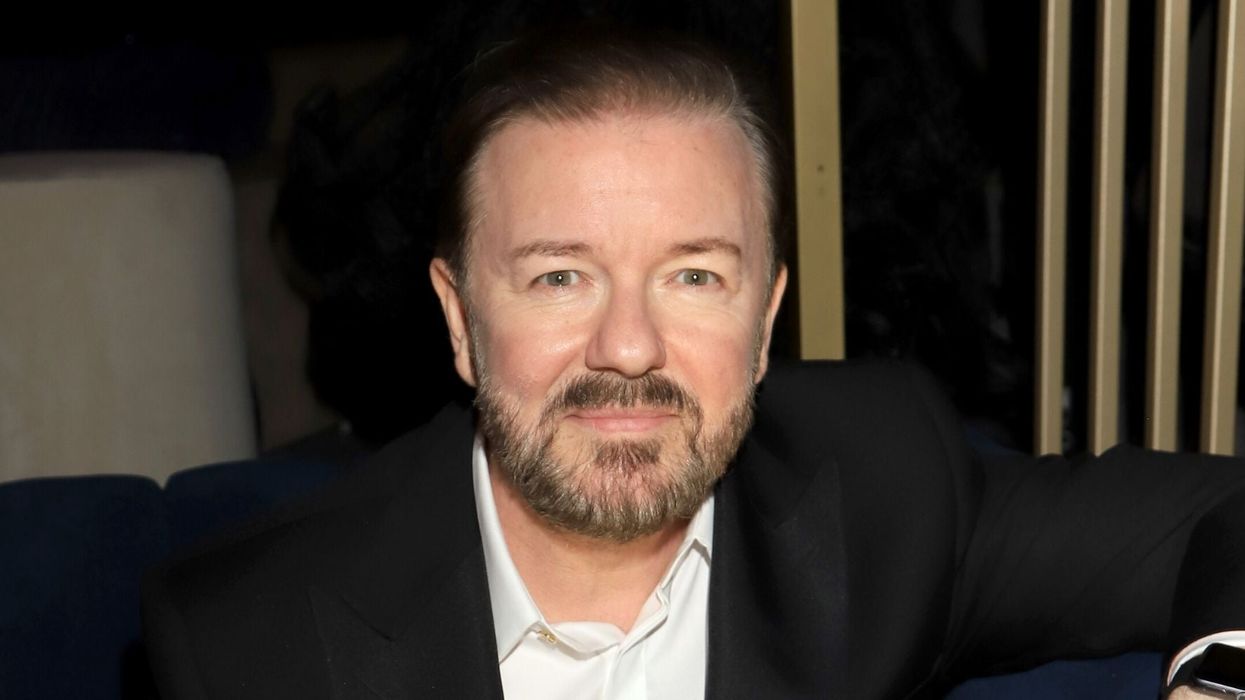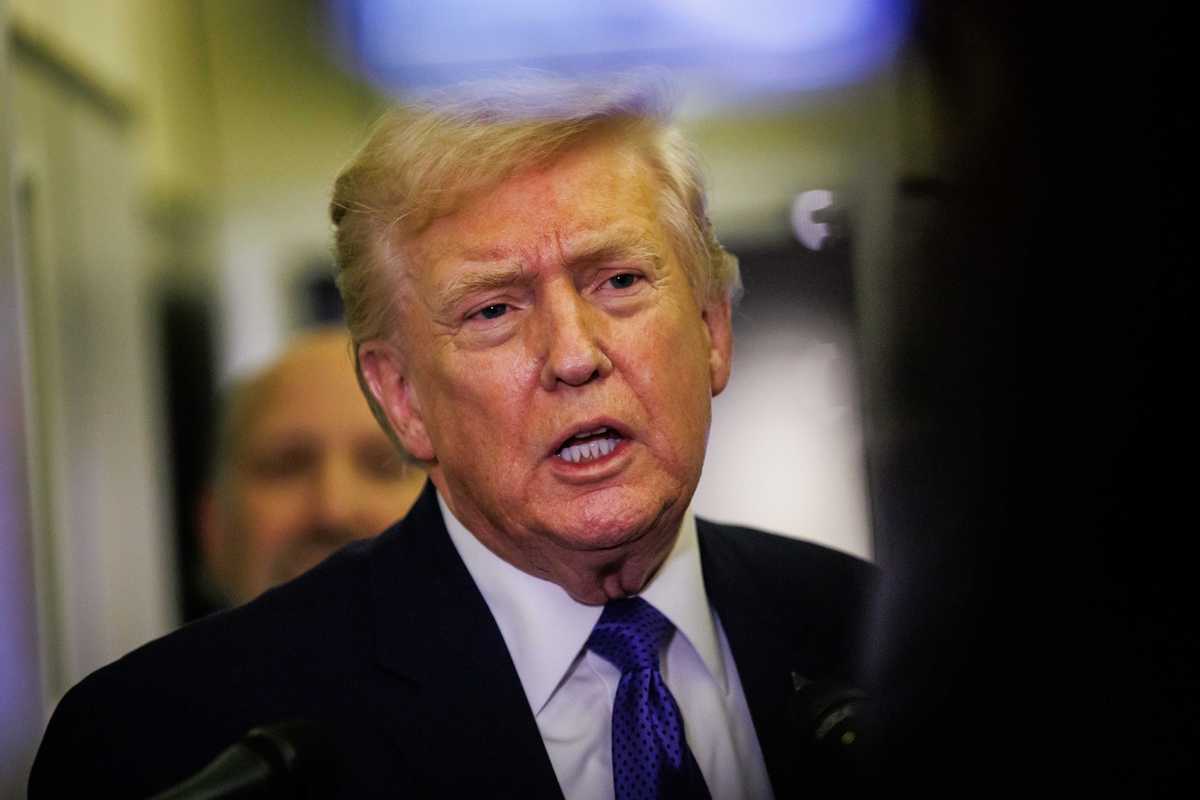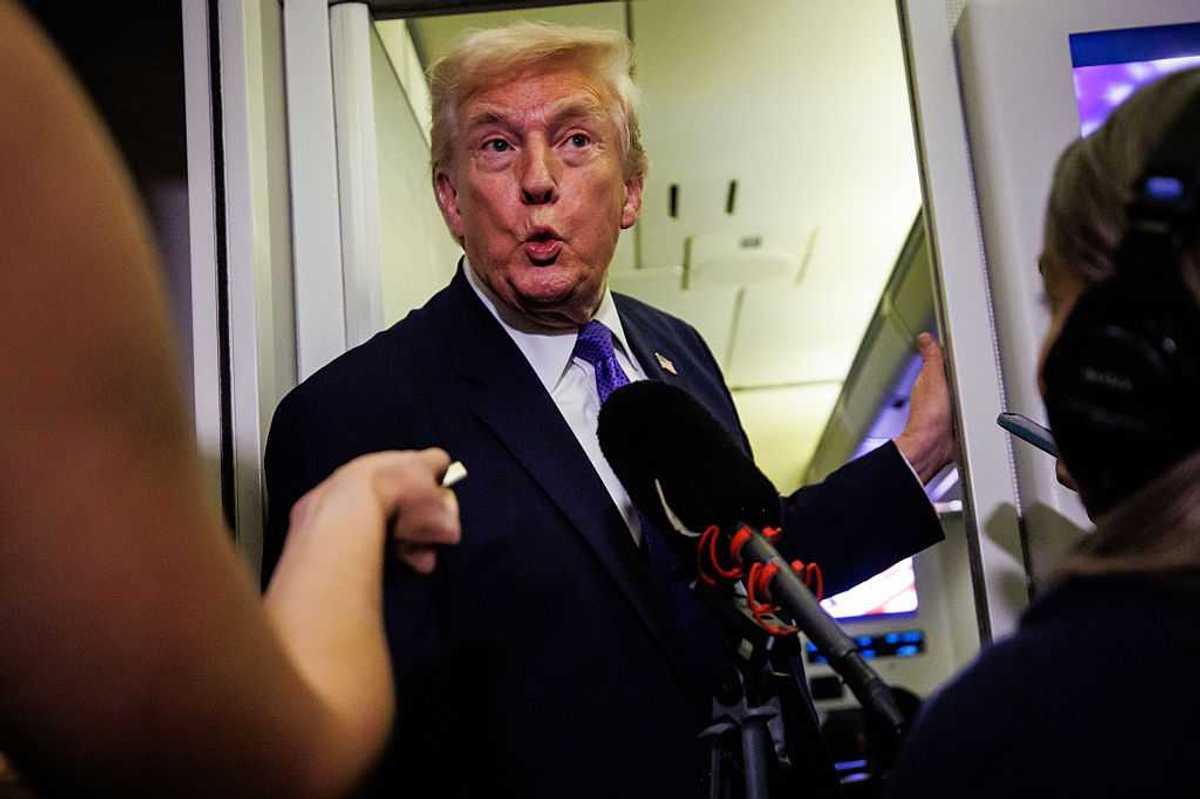Joanna Taylor
Jul 17, 2020
Ricky Gervais has waded into the debate on 'cancel culture', decrying it as a "weird sort of fascism".
The comedian discussed "outrage mobs" and "woke people" with Kevin O'Sullivan on talkRadio.
There's this new sort of fascism of people thinking they know what you can say and what you can't, and it's a really weird thing. There's this new trendy myth that people who want free speech want to say awful things all the time. It just isn't true, it protects everyone.
Gervais's comments came shortly after 150 prominent writers and academics including JK Rowling, Margaret Attwood and Salman Rushdie signed an open letter criticising cancel culture in Harper's Magazine.
The letter pointed to the Black Lives Matter protests as intensifying "a new set of moral attitudes" that "tend to weaken our norms of open debate and toleration" and threaten free speech with censorship and illiberalism.
Other people do not believe cancel culture exists at all, arguing that the idea some people are permanently forced out of the public eye for expressing controversial views just doesn't hold up to scrutiny.
Gervais, however, is concerned that people are becoming increasingly polarised because of cancel culture, and pointed to social media as the culprit.
Social media amplifies everything. If you’re mildly left wing on Twitter you’re suddenly Trotsky. If you’re mildly conservative you’re Hitler, and if you’re centrist and you look at both arguments, you’re a coward and they both hate you.
He believes that because of this increasing polarisation, he would struggle to make The Office today.
Gervais recently told Times Radio that his TV show would "suffer because people would take things literally".
There are these outrage mobs who take things out of context.
This was a show about everything — it was about difference, it was about sex, race, all the things that people fear to even be discussed or talked about now, in case they say the wrong thing and they are cancelled.
I think if this was put out now, some people have lost their sense of irony and context.
Amid the Black Lives Matter protests, some streaming services removed TV shows and films depicting characters in blackface or using racist language, or added content notes in an attempt to contextualise them.
For some, this was further evidence of cancel culture taking effect, while for others it was either a long-overdue attempt at correcting past wrongs or a wilful misunderstanding of the point of the protests, which were sparked by racist police violence and not a wish to 'cancel' any particular kind of media.
There is no consensus on what 'cancel culture' actually is, how widespread it is and whether it really exists at all.
So, perhaps unsurprisingly, Gervais's comments have only divided people further.
Some people applauded the comedian for taking a stand against "fascism".
But others questioned how much meaning words like 'woke' and 'cancel culture' actually have.
It is a little ironic that Gervais criticised people on social media for being too quick to label others Trotsky or Hitler, but then decried a large and ill-defined swathe of people as 'fascists'.
Perhaps we should all at least agree on a definition of 'cancel culture' before we compare the people that supposedly take part in it to a form of far-right, authoritarian government that has killed millions of people.
Agreed?
Top 100
The Conversation (0)














